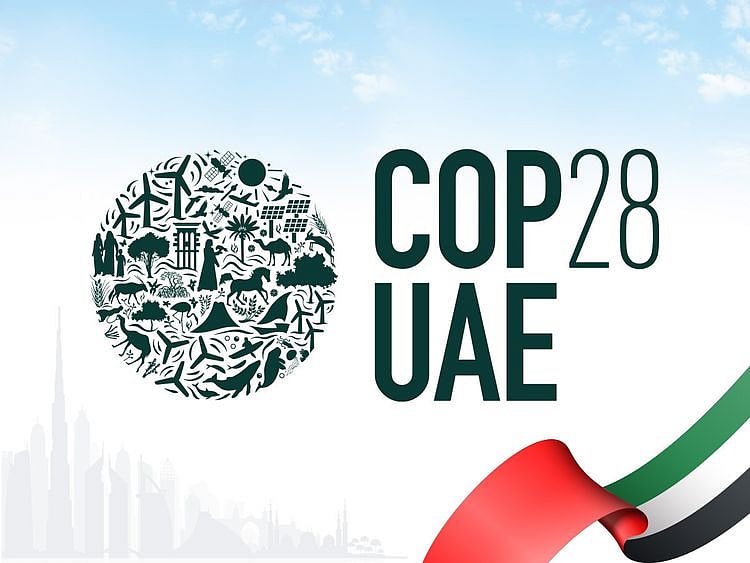Decoding climate action: Six essential terms you must know from COP28
In our quest for finding solutions to planet’s pressing climate issues, concepts to grasp

As the curtain rises on COP28 UAE, the essence of the mega event lies not merely in the discussions within the summit-level conference rooms but in the resonance of a global plea.
Underscoring the pressing need for nations, even those at odds with each other, the urgency of addressing climate change requires a harmonious symphony of efforts.
The COP28 conference, therefore, serves as more than a platform for dialogue; it stands as a global rally, calling on nations to rise above differences, embrace collaboration, and commit to a sustainable future.
As we navigate the complexities of our shared existence, and seek to find solutions to the planet’s most pressing climate problems, here are six terms we must know:
COP (Conference of the Parties)
An annual international climate meeting organised by the United Nations, involving 198 countries pledged to prevent human-caused interference with the climate system.
This gathering brings together leaders and representatives from around the world, each firmly committed to the shared mission of preventing interference with the delicate balance of the global climate system. The essence of COP lies not only in the discussions and negotiations but in the collective dedication of nations to safeguarding the planet from the detrimental impacts of human-induced climate change.
Paris Agreement
Adopted in 2015 at COP21, Paris Agreement legally binds nations to combat climate change and limit global temperature rise. A groundbreaking international accord, Paris Agreement stands as a testament to global unity in the face of the climate crisis.
Enshrined within its provisions is a collective resolve to curtail the rise in global average temperature, representing a pivotal milestone in the ongoing discourse on climate action. The Paris Agreement not only serves as a legal framework but also as a symbol of the world’s commitment to securing a sustainable future for generations to come.
1.5 Degree Limit
Enshrined within the Paris Agreement is a commitment to restrict the surge in global temperatures, setting the ambitious goal of maintaining the rise well below 2 degrees Celsius this century.
Aiming even higher, nations under the agreement have pledged concerted efforts to cap the increase at 1.5 degrees Celsius. This strategic objective is driven by a collective recognition that surpassing this threshold would trigger irreversible impacts of climate change.
The Glasgow Pact
A landmark achievement established at COP26, the Glasgow Pact represents a decisive leap forward in global climate action. This comprehensive accord focuses on critical measures, including the phasedown of coal and the gradual phasing-out of fossil fuels.
Notably, it successfully resolves a long-standing deadlock over carbon markets, paving the way for unified efforts to address the pressing challenges of our climate. The Glasgow Pact underscores international collaboration and is a crucial step toward a sustainable and resilient future for our planet.
Net-Zero
Net-Zero represents a crucial state in which a country’s emissions released into the environment align with the amount of greenhouse gases removed, striving for equilibrium to mitigate global warming. This critical objective, set for 2050, highlights the urgency of achieving a delicate balance in our environmental impact.
The process involves capturing and securely storing carbon dioxide beneath the earth, primarily employed at fossil fuel plants and factories to curtail emissions into the atmosphere.
Complementing this effort, carbon markets serve as trading systems where carbon credits are bought and sold. These systems incentivise countries or industries to earn credits by surpassing emission reduction targets.
Global Stocktake
Conducted every five years, the Global Stocktake involves countries evaluating their progress in the battle against climate change and strategising essential actions for the upcoming five-year period.
The IPCC (Intergovernmental Panel on Climate Change), a United Nations body dedicated to assessing climate change science, plays a pivotal role in this process by delivering comprehensive reports that critically evaluate the current state of knowledge on climate change.
Sign up for the Daily Briefing
Get the latest news and updates straight to your inbox
Network Links
GN StoreDownload our app
© Al Nisr Publishing LLC 2026. All rights reserved.